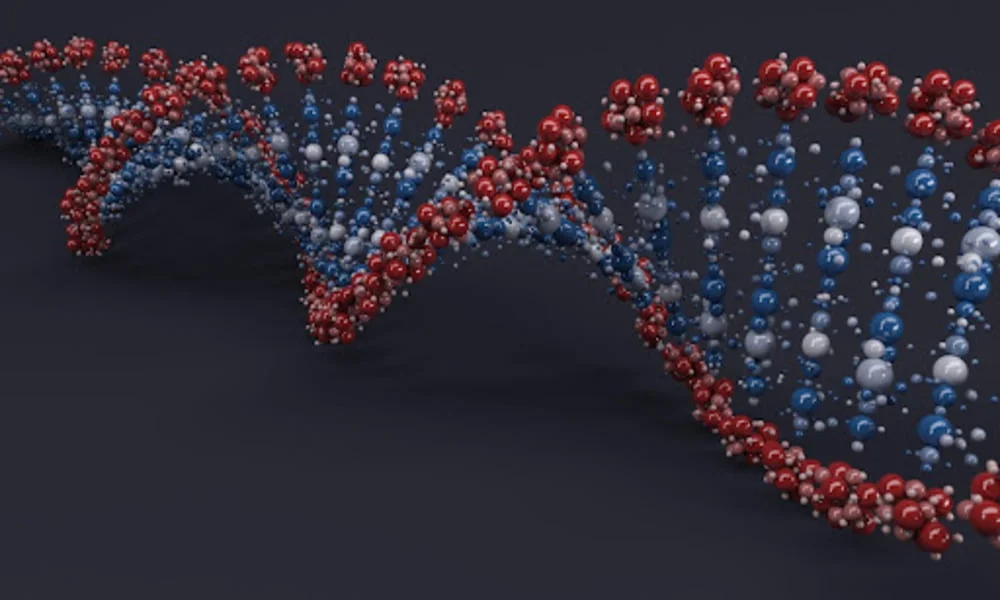Process development is not a top priority for many biotech businesses, especially those creating medications for rare diseases or niche markets. In the early stages of research, they prioritise the requirement to conceptualise a workable chemical even if they know how important it is to establish a scalable, repeatable process resistant to supply chain interruptions. This is where Recombinant Proteins are frequently used to create pharmaceutical goods, protein-based polymers for drug administration, antibodies and enzymes for treating diseases, protein scaffolds for tissue engineering, and various other applications. Below you can see the problems in process development for recombinant proteins:
1) Environmental Contamination
Plant protein expression systems and solid-phase peptide synthesis are facing many difficulties, including worries over genetically engineered crops. Recombinant protein genes spreading by pollen dissemination, seed dispersal, and horizontal or viral transfer are major causes for worry. Therapeutic proteins run the risk of getting into the food supply for humans or other animals. That will have a negative impact on the organisms in the ecosystem. A short time ago, the USDA passed legislation in response to instances of transgenic plants being discovered in food crops. Environmental contamination is widespread, as evidenced by using ELISA kits to screen for exposure to viruses and other pathogens.
2) Loss of Expression
The gene of interest must be expressed well for the appropriate creation of recombinant proteins in custom gene synthesis. The difficulty is that expression can be lost due to structural changes in recombinant genes or the disappearance of genes from host cells. Let’s examine how the three delivery methods, plasmids, viruses, and the host’s chromosomes, affect expression loss.
3) Post-Translational Processing
Chaperones and foldases, which speed up protein folding, play key roles in the complicated process of protein expression yield and folding. Chaperones work to avoid the creation of non-native insoluble folding intermediates. On occasion, folding sometimes goes differently than planned. This leads to the build-up of misfolded proteins in intracellular clumps known as inclusion bodies. Cell stress is one of the main contributors to improper protein folding brought on by food deprivation, heat shock, and other stressors.
Signal peptides needed to direct proteins to different cell compartments must be cleaved in solid-phase peptide synthesis to produce a functional protein. During membrane translocation to the cellular membrane in prokaryotes or the endoplasmic reticulum in eukaryotes, a membrane-bound signal peptidase complex releases the signal peptide. Protein retention and aggregation within the wrong compartments, such as the endoplasmic reticulum, are caused by ineffective signal peptide elimination. Protein secretion yields may also be severely decreased.
4) Transportation and Localization
Recombinant proteins could be directed to the various cellular compartments using fusion proteins or signal peptides. Other benefits and drawbacks apply to the other protein localization sites. Protein levels are often high due to intracellular accumulation. It might be difficult to separate over expressed high yield proteins from the cell extracts.
Final thoughts
As a result, those mentioned above are about the problems in process development for recombinant proteins. With the development of high-throughput antibody or protein screening systems, particularly different display approaches, vast libraries of antibody protein candidates are regularly generated. Yet to confirm their functionality and effectiveness, a recombinant form of the leading candidates is needed.



